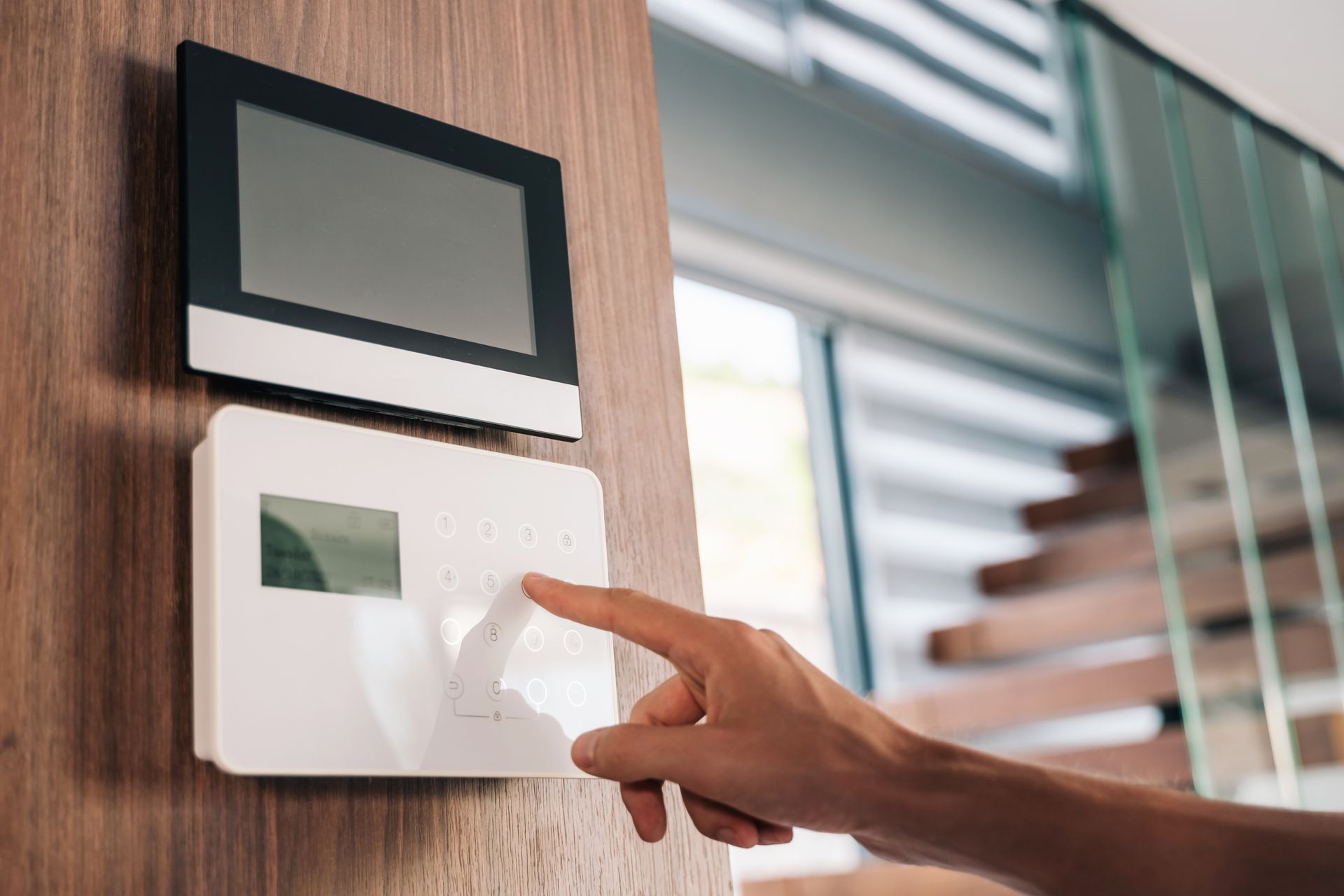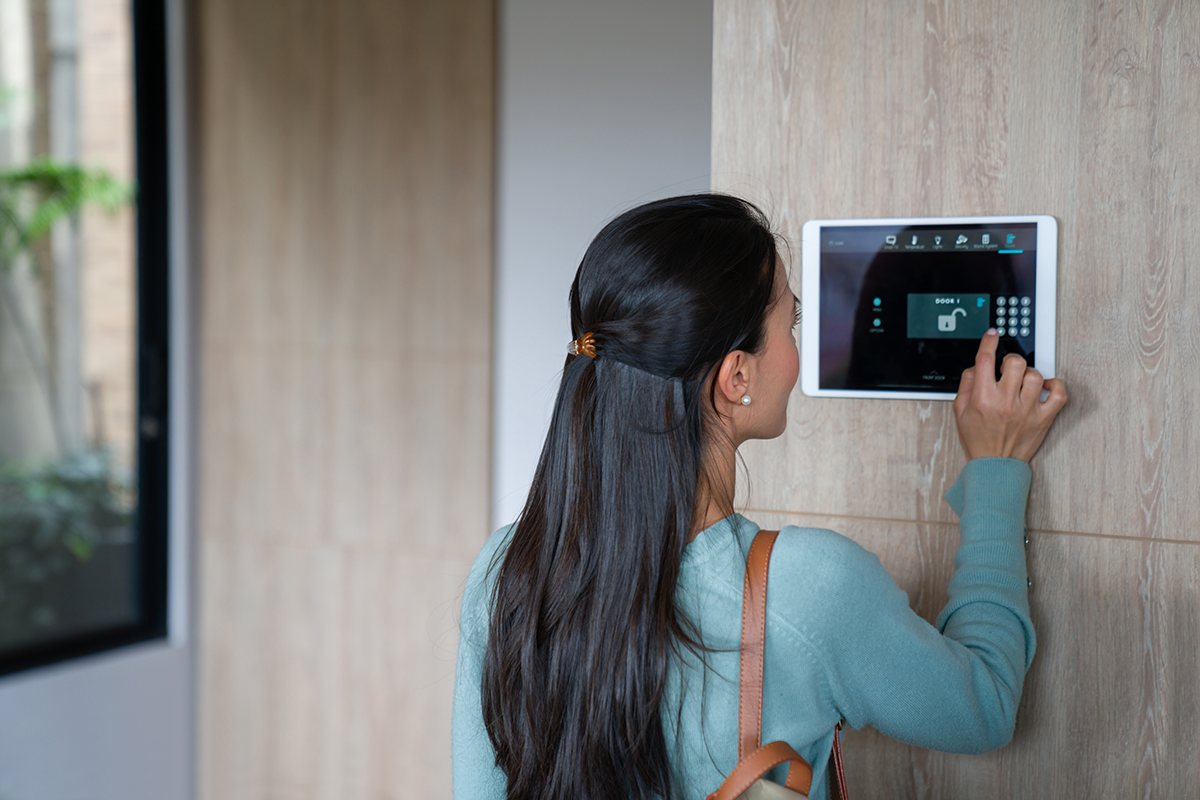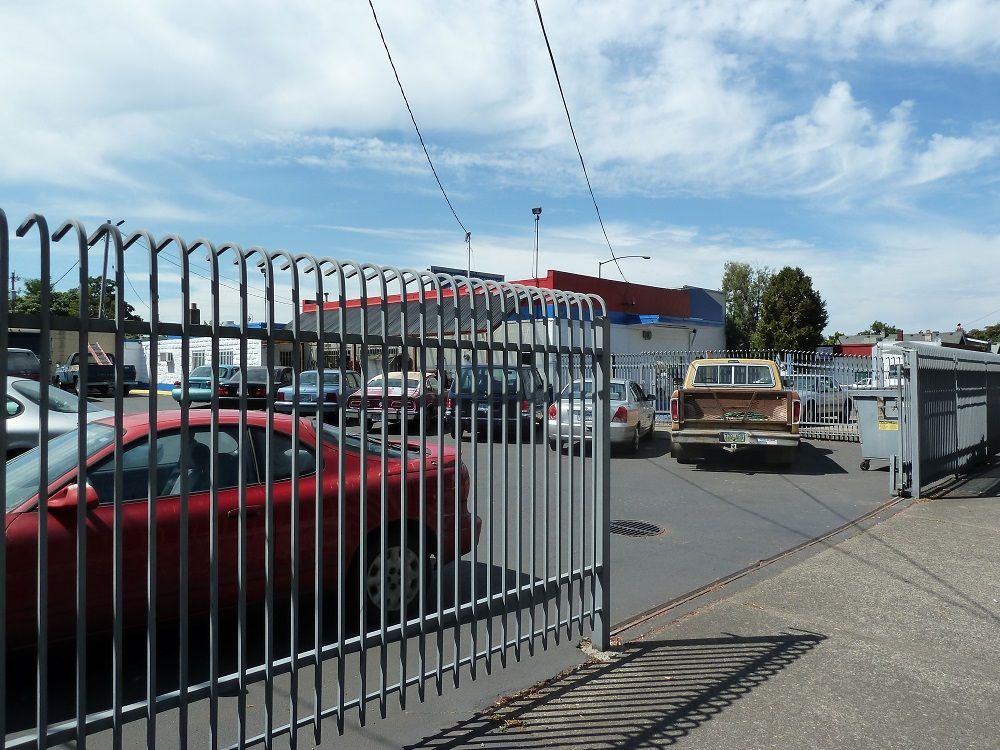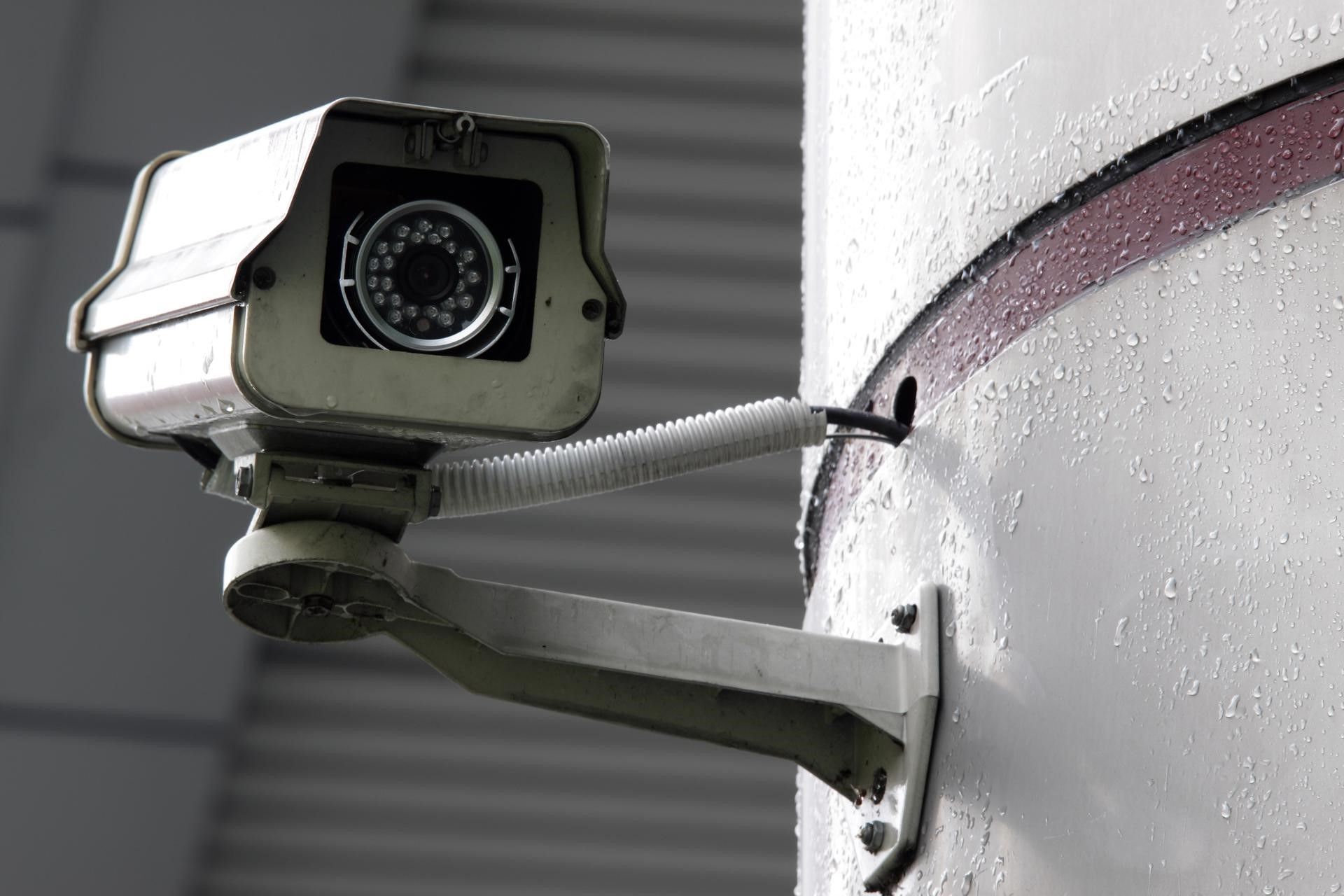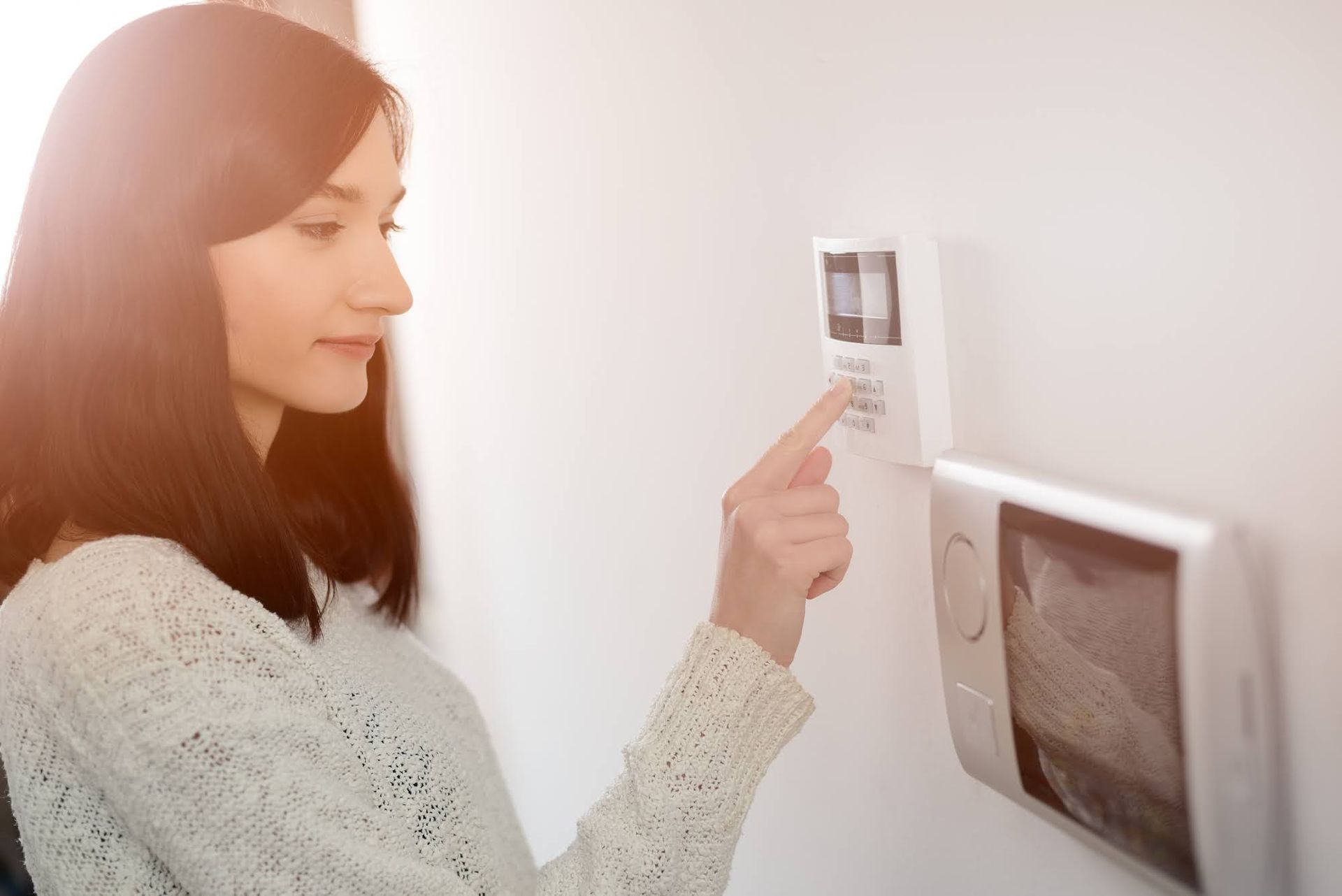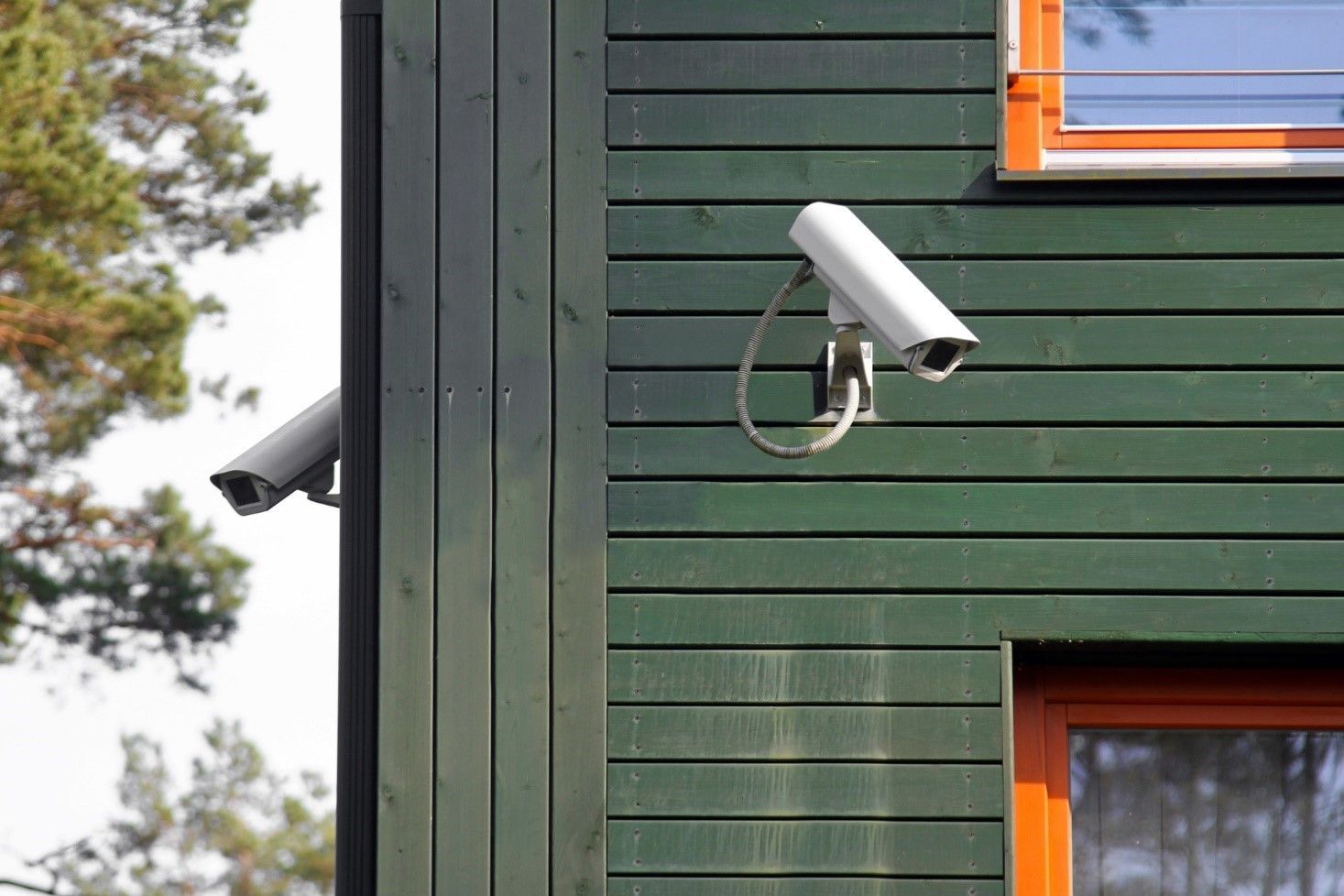Factors to Consider When Purchasing a Fire Alarm System
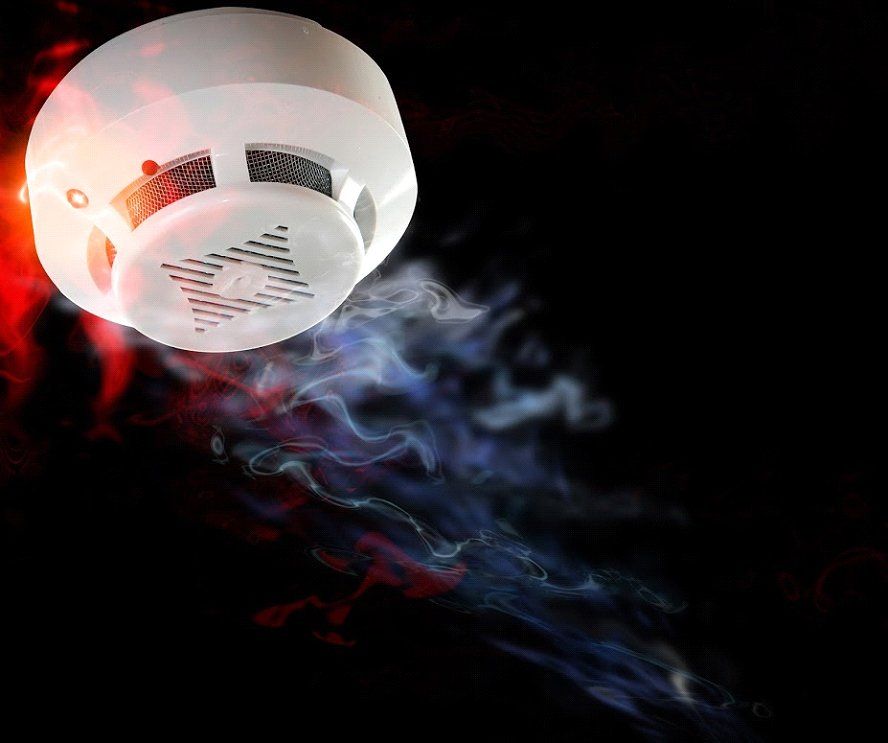
Fire outbreaks and most natural disasters are unpredictable, and that's why you should have different measures in place to prevent them. Fire alarm systems are designed for this purpose and can help you detect fire at an early stage and take action.
However, you need to choose the right system. Here are factors that can help you select the right fire alarm system.
Place of Use
Fire alarm systems that are designed only to detect fire are suitable for residential purposes. You should put them in your kitchen to alert you when something unusual is burning before it causes a fire outbreak.
Commercial and industrial properties, on the other hand, need more than a fire detection system. This is because, in industrial and commercial buildings, many severe triggers, such as chemicals, faulty machines, electricity, and flammable agents, can create a fire.
You should, therefore, combine fire alarm systems with fire suppression systems in your stores. Not only will they notify you of a fire outbreak but also extinguish the fire with water and other relevant agents. The system will help minimize the damage before firefighters arrive.
Installation
The ease of installation is something you should consider when you choose a fire alarm system. For example, battery-powered fire alarm systems are easy to install, and you can change the batteries without difficulties; this makes them a great choice for residential buildings.
Hard-wired systems, on the other hand, are hard to install, but they are the best option for businesses because they are more reliable than battery-powered ones.
Coverage Area
You should measure the total area that you want the system to cover before you purchase it. In a residential home, you can install one alarm system in rooms highly susceptible to fire, such as the kitchen, garage, or bedrooms.
However, don't install alarm systems in the bathroom because the steam can cause false alarms. If your house has multiple stories, have a fire detector on every floor.
In a business setting, you should take the accurate measurements of every room and corridors. Fire detectors are installed at equal intervals based on the dimensions and the number of stories.
Addressable fire alarm systems are well suited for large buildings and institutions. These advanced systems have several circuit cards linked to components in different places. Therefore, they can cover a large area but are controlled by a central control panel.
Conventional fire alarm systems have components that are directly wired to the central control panel. They detect early signs of fire in a building that is not as big as the interconnected circuit cards do. Thus, they are ideal for small business settings such as retail shops, salons, or restaurants.
Local Temperatures
The environment that surrounds your home or place of business is also a vital factor that you should consider. If you live in a hot area, you should avoid fire alarm systems that depend on heat detectors because they can cause multiple false alarms.
Systems that have heat detectors are ideal for businesses that deal with heat-sensitive elements. They can help you moderate the temperature to the appropriate degree to reduce losses.
Codes and Regulations
Like any other security system, fire alarm systems are supposed to meet specific set standards. The National Fire Protection Association (NFPA) has laid down requirements that manufacturers should observe. For example, buildings with a capacity of 500 people must have auditory systems, and the volume of a fire alarm system should not exceed 110 decibels (dBA).
Therefore, you should check the NFPA manual to make sure you purchase a fire alarm system that complies with the regulations.
You now have a precise idea of how to find the perfect fire alarm system for your home or business. Our company provides reliable fire alarms and other safety and security solutions for both residential and commercial properties. If you need our products or services, contact us
today.

